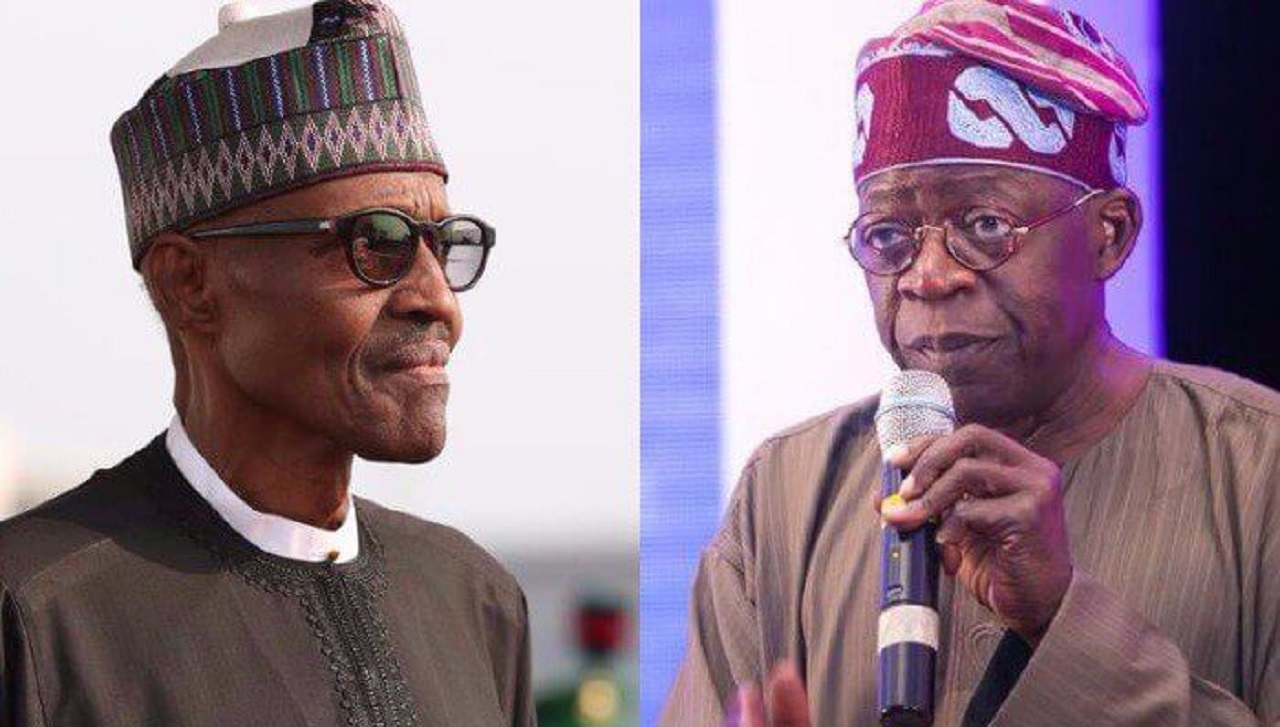President Bola Tinubu has been sworn in as Nigeria’s new leader, inheriting a host of problems from his predecessor, Muhammadu Buhari.
Unlike in 2015, when Buhari took over from Goodluck Jonathan, Tinubu cannot blame the previous administration for the country’s woes, as they both belong to the same party, the All Progressives Congress (APC).
In his first speech as president, Tinubu acknowledged that he inherited “assets and liabilities” from Buhari, and vowed to tackle them with “prudence and responsibility”.
Some of the major challenges facing Tinubu include:
- A huge debt burden of N77 trillion ($189 billion), according to the Debt Management Office (DMO). This means that a large chunk of the government revenue will be used for debt servicing, leaving little for development projects.
- A lingering fuel subsidy issue that has drained the government coffers and caused public outcry. Tinubu announced the removal of fuel subsidy on his inauguration day, saying it was “unsustainable and unjust”. However, he has not addressed how he will cushion the impact of higher fuel prices on the poor and vulnerable.
- A controversial naira redesign policy initiated by the suspended Central Bank Governor, Godwin Emefiele. The policy requires Nigerians to exchange their old naira notes for new ones by December 31, 2023, or risk losing their value. The policy has caused naira scarcity and confusion among Nigerians, who do not know if Tinubu will reverse it or not.
- A delayed national census that is expected to take place in 2023. The census is crucial for planning and resource allocation, but it has been postponed several times due to political and logistical reasons. The last census was conducted in 2006.
- A border closure that has affected trade and regional integration. Buhari closed Nigeria’s land borders in 2019 to curb smuggling and boost local production. However, the policy has also hurt legitimate businesses and consumers, who have faced higher prices and shortages of some goods. Tinubu has not made his position clear on whether he will reopen the borders or not.
Tinubu is widely regarded as a political “godfather” who has shaped Nigeria’s commercial hub Lagos. He is also credited with building a formidable coalition that brought APC to power in 2015.
However, he faces a divided nation and a restless population that expects him to deliver on his promises of economic growth, security and good governance.
He will need to use his political skills and experience to unite the country and address its pressing challenges.
